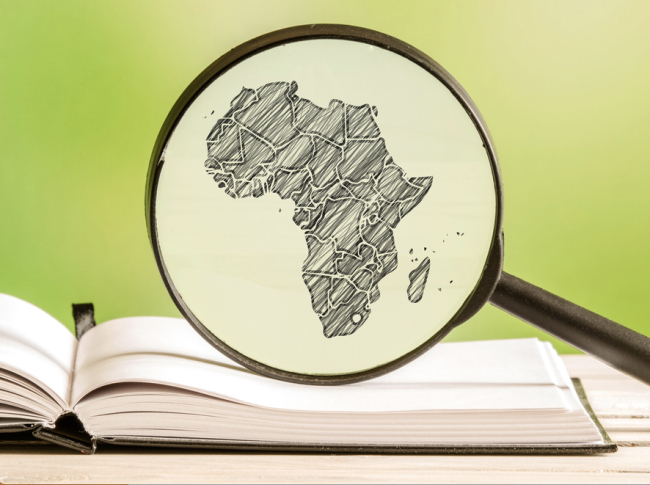Governance of Oil in Africa: Unfinished Business

A look at the world's oil and gas resources would lead any investor to Russia or the Middle East with the more adventuresome exploring opportunities in the Caspian Basin. But many of these oil and gas provinces are largely off limits for international investors, or the investment conditions have become so unpredictable that investors are forced to look elsewhere for the oil and gas to meet the world's increasing demand. Even if today's economic crisis has taken the urgency out of today's supply and demand balances, economic recovery will soon reveal the need for ever-increasing investment upstream.
This book includes four chapiters.
Introduction par Jacques Lesourne
Chapitre 1 : Oil and Political Violence in Nigeria par Yvan Guichaoua
Chapitre 2 : Angola's Homegrown Answers to the "Resource Curse" par Nicholas Shaxson
Chapitre 3 : The Use of Oil Revenues in Africa par Géraud Magrin et Geert van Vliet
Chapitre 4 : Border Conflicts Tied to Hydrocarbons in the Great Lakes Region of Africa par Benjamin Augé
To order to La documention française

Available in:
Regions and themes
ISBN / ISSN
Share
Download the full analysis
This page contains only a summary of our work. If you would like to have access to all the information from our research on the subject, you can download the full version in PDF format.
Governance of Oil in Africa: Unfinished Business
Related centers and programs
Discover our other research centers and programsFind out more
Discover all our analysesGabon: Has an — Almost — Exemplary Transition Produced a New Political Model?
In two rounds of voting, on September 27 and October 11, 2025, the citizens of Gabon elected the members of both their local councils and the new national assembly. This marked almost the final stage of political transition, little more than two years after the coup d’état that had overthrown the more than five decades old dynastic regime of the Bongos — Omar, the father, who died in office in 2009, and then his son Ali, who is now in exile.
Claiming "The People": Youth Booms, Ailing Authoritarians and "Populist" Politics in Kenya, Uganda, and Tanzania
This study analyses the emergence of so-called “populist” political tendencies in three East African countries: Kenya, Uganda and Tanzania. It builds its analysis on a wider discussion of the term “populism”, its use and applicability in (eastern) African settings before going on to examine the drivers of three cases of populism: William Ruto’s 2022 election victory in Kenya and the “Hustler Nation”; Bobi Wine’s opposition to Yoweri Museveni in Uganda; and John Magufuli highly personal style of government in Tanzania.
The Contradictory Impacts of Western Sanctions on Economic Relations between Russia and Sub-Saharan Africa
How does Russia maintain economic ties with Africa despite Western sanctions? An analysis of investments, trade, and the circumvention strategies deployed by Moscow.
The Revenue Sources Sustaining Sudan’s Civil War. Lessons for the year 2023
Wars require money and resources, and often, most conflicts involve controlling sources of income and supply lines or denying them to enemies. This has been the case in Sudan’s past conflicts and is again as the civil war—between the Sudan Armed Forces (SAF), commanded by General Abdelfattah al-Burhan, and the paramilitary Rapid Support Forces (RSF), commanded by General Mohammed Hamdan Daglo “Hemedti” —has sunk into a protracted conflict.













